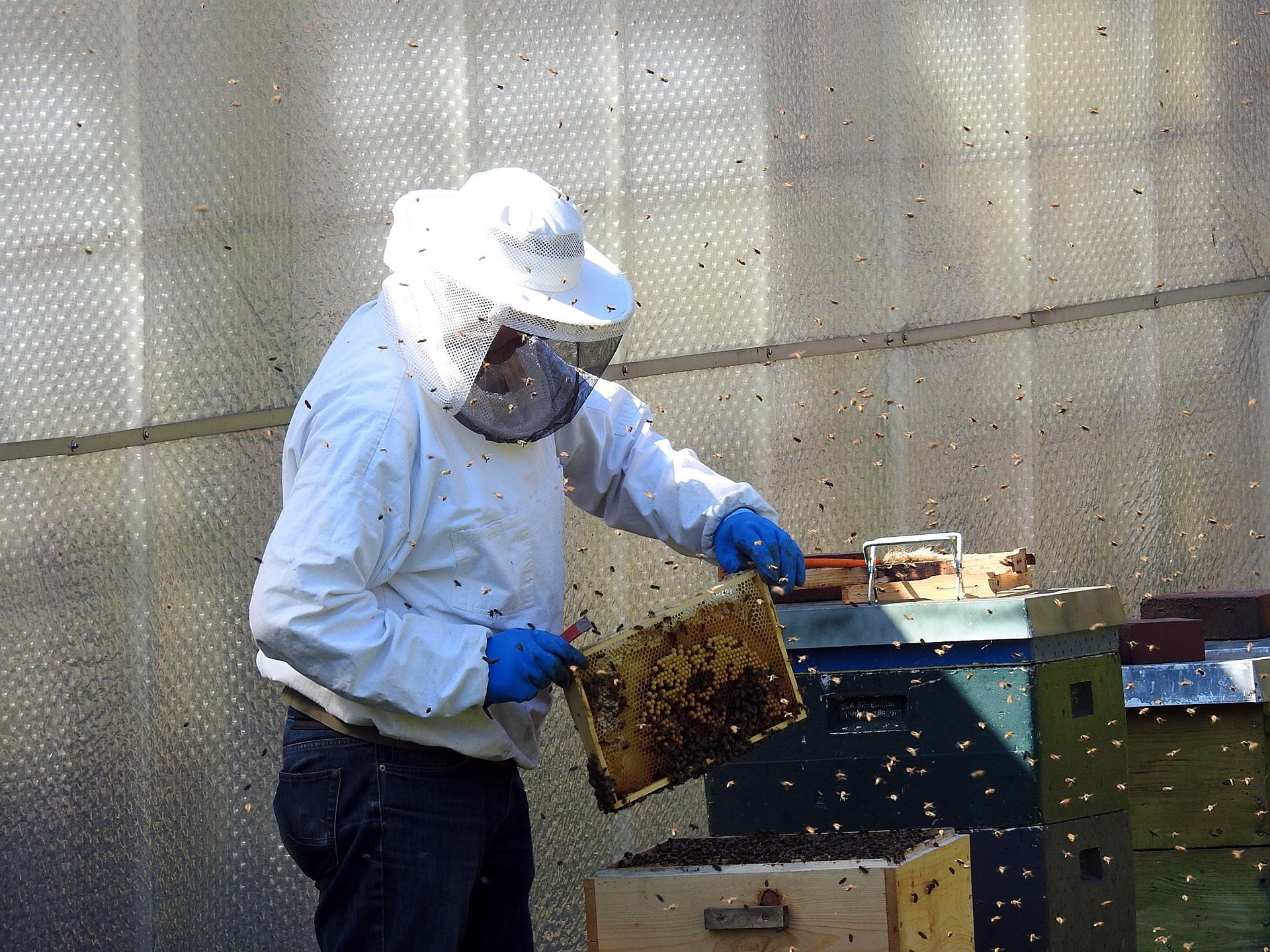The Increasing Popularity of Urban Beekeeping
As modern cities continue to grow and evolve, a surprising trend has taken root within their bustling confines: urban beekeeping. This practice, which involves maintaining beehives in urban environments, is more than a hobby—it’s a movement that contributes to biodiversity, food security, and environmental sustainability.

The Rise of Urban Apiaries
Urban beekeeping, also known as urban apiculture, has experienced a surge in popularity over the last decade. As city dwellers become increasingly aware of the declining bee populations and the critical role these pollinators play in food production, many have started to maintain their own hives. Urban environments offer a surprisingly rich array of flowering plants, providing diverse and consistent food sources for bees.
The Environmental Impact of Urban Beekeeping
City bees can help increase biodiversity by pollinating local flora, including city trees, flowers, and vegetable gardens. An urban apiary can also contribute to environmental education, helping city residents understand the importance of bees in our ecosystem and inspiring them to make more environmentally friendly decisions.
The Challenges and Solutions for City Beekeepers
Urban beekeeping is not without its difficulties. Limited space, potential conflicts with neighbors, and local regulations can all pose challenges. However, many cities are revising their ordinances to accommodate this practice, and beekeeping organizations offer resources and support for urban apiarists navigating these issues.
The Role of Bees in Urban Food Production
Beyond their environmental impact, urban bees contribute to food security by pollinating city gardens. Many urban farmers and gardeners have reported improved yields after installing hives, and some city beekeepers have even started selling or donating their honey, further contributing to local food systems.
The Therapeutic Benefits of Urban Beekeeping
For many urban beekeepers, the practice also offers therapeutic benefits. The act of caring for a beehive can be a relaxing and rewarding experience, providing a connection to nature that can be hard to find in a city environment.
Useful Tips and Facts
- Urban beekeeping requires regular maintenance and careful observation to ensure the hive’s health.
- Beekeeping equipment can be purchased online or from local beekeeping supply stores.
- Many cities have local beekeeping associations that offer classes and support for beginners.
- Always check local regulations before starting an urban apiary.
As cities continue to evolve, urban beekeeping offers an opportunity to enhance local ecosystems, contribute to food security, and connect with nature. It’s a practice that not only benefits the bees but also the people and the environment they call home.




